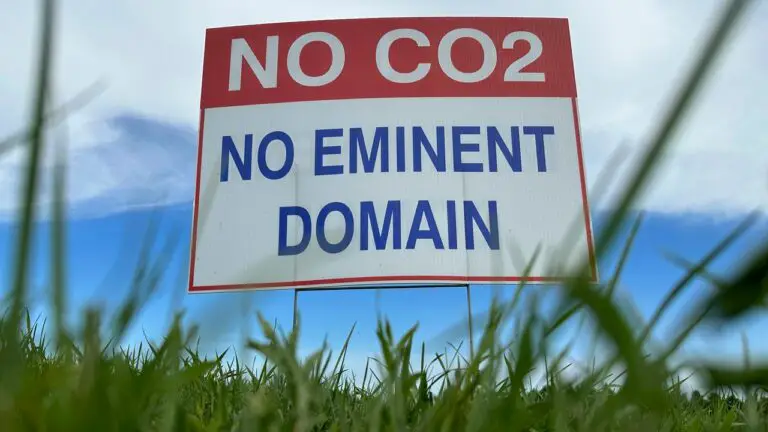Navigator CO2 Ventures Halts Midwest Carbon Pipeline Project
Navigator CO2 Ventures made a significant announcement on Tuesday, temporarily pausing one of the Midwest’s most prominent carbon dioxide pipeline projects. The move allows the company to reevaluate the entire project.
In a substantial step, the company decided to withdraw its permit application in Illinois, while simultaneously suspending all other permit applications. The company’s decision follows the recent rejection of a permit by South Dakota regulators.
The proposed project, spanning 1,300 miles, aimed to transport carbon dioxide emissions from over 20 industrial plants across South Dakota, Nebraska, Iowa, Minnesota, and Illinois. Of note, the Illinois permit is essential because it was designated for the storage of carbon dioxide underground.
Reevaluation and Ongoing Commitment
In a statement, Navigator stated, “As is consistent with our recent filings in neighboring jurisdictions, Navigator will be taking time to reassess the route and application.” The company clarified that it is not abandoning the project. Their plan includes reapplying for permits when deemed appropriate, following a comprehensive evaluation.
Support and Opposition
While opponents have celebrated the project’s temporary suspension, they remain committed to opposing it when Navigator reapplies. These opponents, often composed of concerned landowners, have been actively rallying against the project.
According to Jane Kleeb from the Nebraska-based Bold Alliance, “When you organize the families most at-risk of eminent domain, you can stop a pipeline.” This, she says, is a fundamental lesson learned from previous experiences, where pipeline corporations attempted to coerce landowners into giving up their properties.
Debate Over Carbon Capture Technology
Proponents of the proposed pipelines in the region argue that carbon capture technology can significantly mitigate climate change. However, opponents question its effectiveness at a large scale and the necessity for substantial investments, as cheaper renewable energy sources are available.
Encouraged by new federal tax incentives and significant funding from Congress for carbon capture projects, these ventures have become lucrative.
Summit Carbon Solutions Pressing Forward
Summit Carbon Solutions is another key player in the region’s carbon dioxide pipeline projects. Despite regulatory challenges in the Dakotas, Summit remains committed to its plans. North Dakota has agreed to reconsider the permit denial for its $5.5 billion, 2,000-mile pipeline that crosses five states. Summit is also reapplying in South Dakota, and a separate hearing on the project in Iowa began in August. Additionally, Minnesota regulators intend to conduct a detailed environmental review.
The Summit pipeline is designed to transport carbon dioxide emissions from more than 30 ethanol plants across Iowa, Minnesota, Nebraska, North Dakota, and South Dakota. The emissions would ultimately be sequestered in North Dakota.

